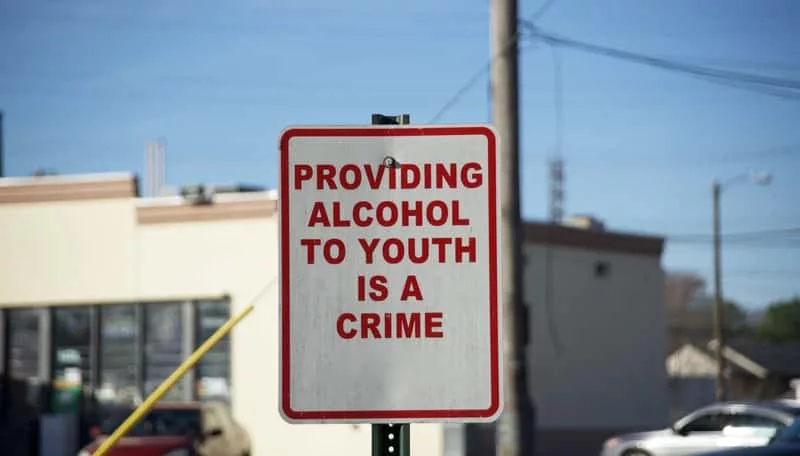When the Michigan Liquor Control Commission launched its first Controlled Buy Operations in 1998, decoys were used to determine which license holders were lax or even fraudulent in the illegal sale of liquor to minors and cases of underage drinking. The program has been in place now for 22 years, and the commission is reporting this week that compliance is up substantially since those early days.
In fact, they tell us that more than 2,100 businesses holding a liquor license in Michigan passed controlled buys in 2019 as part of controlled buy operations as reported by the commission — the MLCC — and law enforcement agencies across the state. The goal of the program is, and always has been, to reduce illegal liquor sales to minors and underage drinking. Last year’s results represent an 82-percent compliance rate among licensees checked and documented for not selling alcohol to minors.
MLCC Chair Pat Gagliardi says, “It’s all about saving lives and protecting the public, so I congratulate these licensees,” and adds, “With every patron they serve, our licensees are in a prime position to enforce the state’s liquor laws, including refusal to sell alcohol to underage patrons.”
Under Michigan law, all licensees have an equal chance of being randomly selected for a minor decoy compliance check. A business can also be selected for a compliance check if there is a reported complaint of alcohol sales to minors.
As law enforcement agencies are not required to report passed decoy operations, Gagliardi also praised the many more licensees who passed controlled buys but were not necessarily included in reporting. Gagliardi says, “I commend all licensees and their employees who diligently check IDs every time to keep our young people safe and thwart attempts by minors to purchase alcoholic beverages with false IDs that are altered or belong to someone else.”
In addition to ensuring there are no sales to individuals under age 21, MLCC’s high priority areas of enforcement to protect public health and save lives also include:
- Making certain there are no sales to intoxicated patrons…
- Keeping intoxicated individuals off the roads…
- Ensuring there is no gambling within licensed establishments…
In 2019, the Michigan Liquor Control Commission’s Enforcement Division completed 1,237 violations of the Michigan Liquor Control Code and Rules, 2,094 complaint investigations, conducted 11,442 policing investigations and completed 2,556 controlled buy stops resulting in 448 violations.
Gagliardi emphasized the importance of the Commission’s well-established partnerships and cooperative efforts with local law enforcement agencies, who – along with MLCC staff – are invaluable toward protecting the public. MLCC returns 55-percent of its licensing fees to local governments as part of its revenue sharing as required by law.
It is the mission of the commission to make alcoholic beverages available for consumption while protecting the consumer and the general public through regulation of those involved in the sale and distribution of those alcohol beverage products. MLCC licenses all retailers, wholesalers and other individuals or businesses involved in the manufacture, purchase, sale or use of alcohol beverages.






